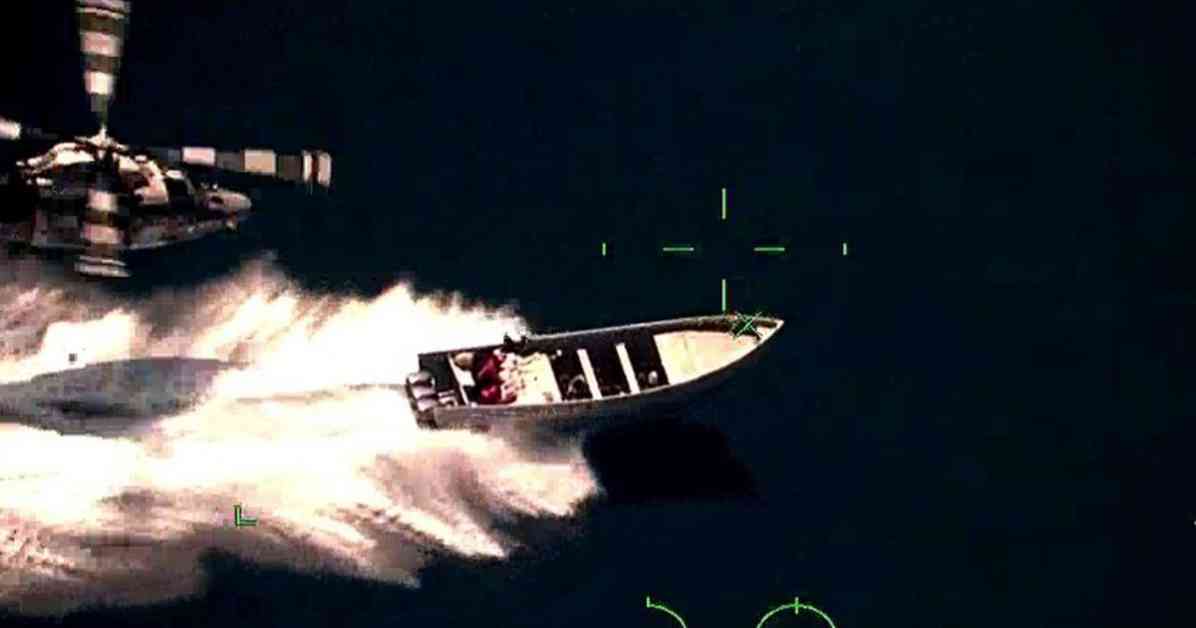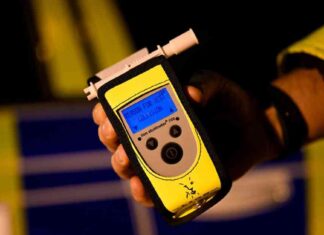The Mexican navy recently made a groundbreaking announcement, revealing that they had seized over 8.3 tons of drugs in the Pacific Ocean. This operation set a record for the largest amount of drugs confiscated in a single maritime mission. The illicit cargo was intercepted from six different vessels, with one of them being a semisubmersible, commonly referred to as a “narco sub,” carrying about 4,800 pounds of narcotics.
A total of 8,361 kilograms of illicit cargo were seized, with an estimated value of 2.099 billion pesos (approximately $105 million). The operation took place southwest of the port of Lazaro Cardenas, off the western coast of Mexico, resulting in the arrest of twenty-three individuals involved in the drug trafficking scheme.
The Mexican navy highlighted the complexity of the operation, particularly when dealing with the semisubmersible vessel. Navy personnel executed a high-risk maneuver by conducting an aerial insertion from a helicopter onto the moving vessel, showcasing their training and expertise in extreme conditions. Semi-submersibles are a popular choice among drug traffickers due to their ability to partially submerge and evade detection by law enforcement.
This significant drug seizure marks a milestone in Mexico’s ongoing battle against drug trafficking. In the past, the country has been a key hub for drug smuggling to the United States, leading to violent conflicts between rival cartels vying for control. The state of Michoacan, where the recent seizure occurred, has been a hotspot for criminal activities, including clashes between powerful cartels like the Jalisco Nueva Generacion cartel.
The Mexican navy’s success in intercepting these drugs is part of their continuous surveillance efforts to combat drug trafficking. In the past, they have uncovered various drug shipments, including a memorable one in 2016 where cocaine was hidden in barrels of chili sauce. These operations are crucial in disrupting the flow of drugs and dismantling drug cartels operating in the region.
Mexico’s new president, Claudia Sheinbaum, who assumed office on October 1, faces a daunting task in addressing the country’s drug-related issues. She has expressed her commitment to a strategy focused on social policies to address the root causes of crime, in line with her predecessor’s approach of “hugs not bullets.” The country has been plagued by violence stemming from the government’s efforts to combat drug trafficking since 2006, resulting in thousands of deaths and disappearances.
The recent drug seizure in the Pacific Ocean serves as a reminder of the ongoing challenges Mexico faces in its fight against drug cartels. The navy’s relentless efforts to intercept illicit drug shipments play a crucial role in disrupting criminal activities and safeguarding communities from the harmful effects of drug trafficking.























